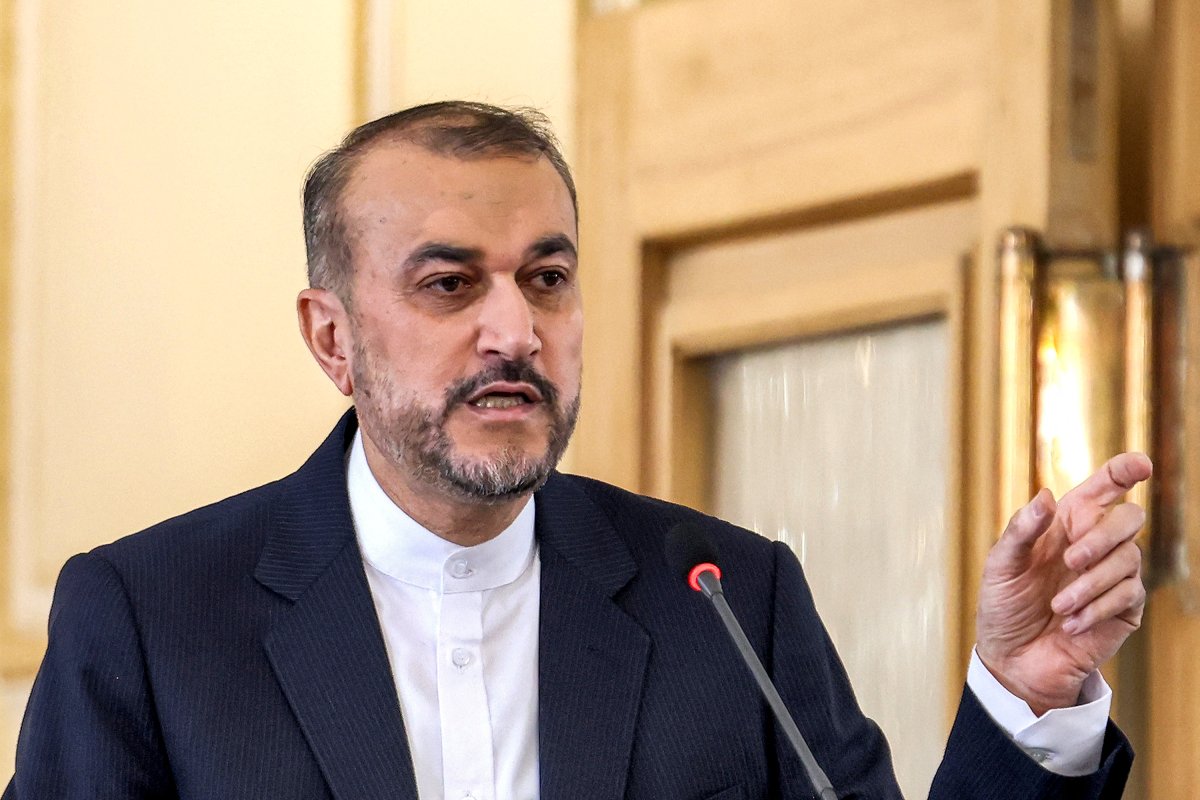Khaleda Rahman
Iran has warned Israel of a larger attack should it retaliate against its drone and missile assault, adding that U.S. bases would be targeted if Washington supports Israel in any military operation against Tehran.
Iran fired more than 300 drones and missiles at Israel late on Saturday, in response to an April 1 strike widely blamed on Israel on an Iranian consular building in Damascus, Syria, that killed 12 people, including two senior Iranian generals.
U.S. President Joe Biden said U.S. forces helped Israel down "nearly all" the drones and missiles. He said he would convene a meeting of allies on Sunday "to coordinate a united diplomatic response to Iran's brazen attack."
Major General Mohammad Hossein Bagheri, the chief of staff of the Iranian armed forces, told state television that Iran's response "will be much larger than tonight's military action if Israel retaliates against Iran."
Bagheri said that Tehran has communicated to the U.S. through the Swiss Embassy, which handles U.S. interests in Iran in the absence of diplomatic relations, that any backing of Israeli retaliation against Iran would result in U.S. regional bases being targeted.
"If the U.S. participates in the next aggressive actions by [Israel] through the bases it has in the [Middle East] region or the military facilities it has in the region and this information is confirmed for us, its bases in the region will not be safe," he said.
Iranian President Ebrahim Raisi said the country had taught Israel "an unforgettable lesson," according to the state-run IRNA news agency. He also warned that "any new adventure against Iran's interest would be met with a firm and regrettable response."
Iran's Foreign Minister, Hossein Amir-Abdollahian, said his country has no intention of continuing the military operation against Israel.
He called the attack "exercising the right of legitimate defense" in a post on X, formerly Twitter, adding that it shows Iran's responsible approach to "regional and international peace and security."
He added: "At this juncture, the Islamic Republic of Iran has no intention of continuing defensive operations, but if necessary, it will not hesitate to protect its legitimate interests against any new aggression."
In a meeting with foreign ambassadors on Sunday, Amir-Abdollahian said Iran does not seek to target U.S. forces or bases, according to the Tasnim News Agency.
But he said counties hosting U.S. bases have been warned that if their airspace or territories are used by the U.S. to support Israeli military action, those bases will be targeted.
"We emphasized that we have never welcomed the escalation of tension in the region," he said. "We told the White House today that our operation was confined and aimed at punishing the (Zionist) regime."

Iran's Foreign Minister Hossein Amir-Abdollahian briefs the press at his headquarters in Tehran, Iran, on April 14, 2024. Iran has urged Israel not to retaliate militarily to an unprecedented attack, which Tehran presented as a justified response to a deadly strike on its consulate building in Damascus, Syria.
Iran and Israel have long waged a shadow war, but Saturday's attack was the first time Iran has launched a direct military assault from its own territory on Israel.
"We intercepted. We blocked. Together, we will win," Israeli Prime Minister Benjamin Netanyahu wrote on X, but it remains unclear how Israel will respond.
It comes as tensions in the region have reached their highest since Israel launched its war against Hamas in the Gaza Strip six months ago, following Hamas' attack on October 7 that killed 1,200 people in Israel and saw 250 others taken hostage. Since then, Israel's offensive in Gaza has killed more than 33,000 Palestinians, The Associated Press reported, citing local health officials.
No comments:
Post a Comment